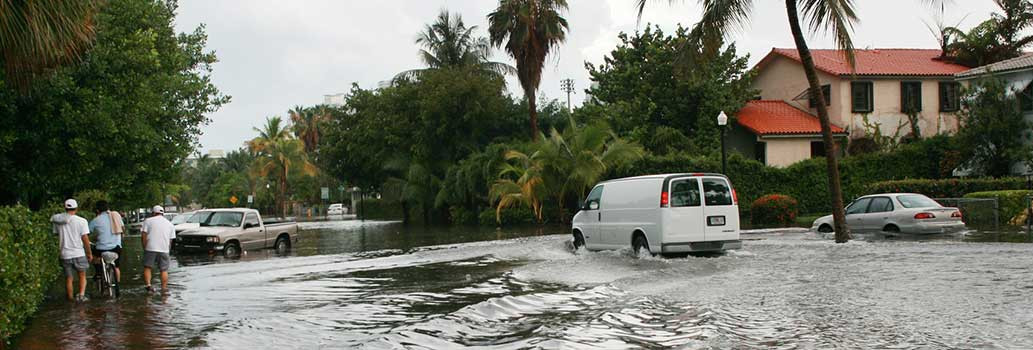Generator Safety
Due to hurricanes that have affected our community, generators have become a common household item. However, along with the spike in generator sales, there has been a spike in generator-related emergencies such as Carbon Monoxide poisoning, structure fires from generator explosions, burns and other injuries. Most of these emergencies were preventable.
When operating a generator, remember:
- Store fuel in an approved container, holding 5 gallons or less, in a cool, dry, ventilated and secure area, away from appliances. Keep it out of the reach of children.
- All gas-powered engines emit Carbon Monoxide (CO), a colorless, odorless gas that can build up to fatally toxic levels. Generators must only be operated outside of inhabited structures in a well-ventilated area away from windows, doors, vents or other openings.
- If you're going to spend hundreds or even thousands of dollars on a generator, pay an extra $20 to $30 for a CO detector.
- Ground your generator according to the instructions provided by the manufacturer.
- Never operate a generator on the balcony of a multi-unit structure. The boundaries of most balconies force you to place the generator too close to your own living areas, as well as those of your neighbors.
- Never attempt to refuel a generator while it's running or while it's still hot. Turn it off and allow it to cool before adding fuel. Take extreme care not to spill fuel onto the generator or the surrounding area.
- Read your generator's manual very carefully. Follow all directions and pay close attention to the electrical load rating. Never overload the generator.
- Never attempt to connect a portable generator to the main electrical panel in your home. Not only is this very dangerous for occupants, it is also fatally dangerous for electrical workers who are trying to restore power.

Emergency Management
Pete Gomez
R. David Paulison Fire Rescue Headquarters
9300 NW 41st St,
Miami, FL 33178-2414
305-468-5400 | [email protected]

